


Ten thousand years after mastodons disappeared, scientists have unearthed powerful fossil evidence proving these elephant cousins were vital seed spreaders for large-fruited trees in South America....



Mercury contamination is surfacing as a serious concern in parts of Georgia and South Carolina, particularly in regions like the Okefenokee Swamp. University of Georgia researchers...
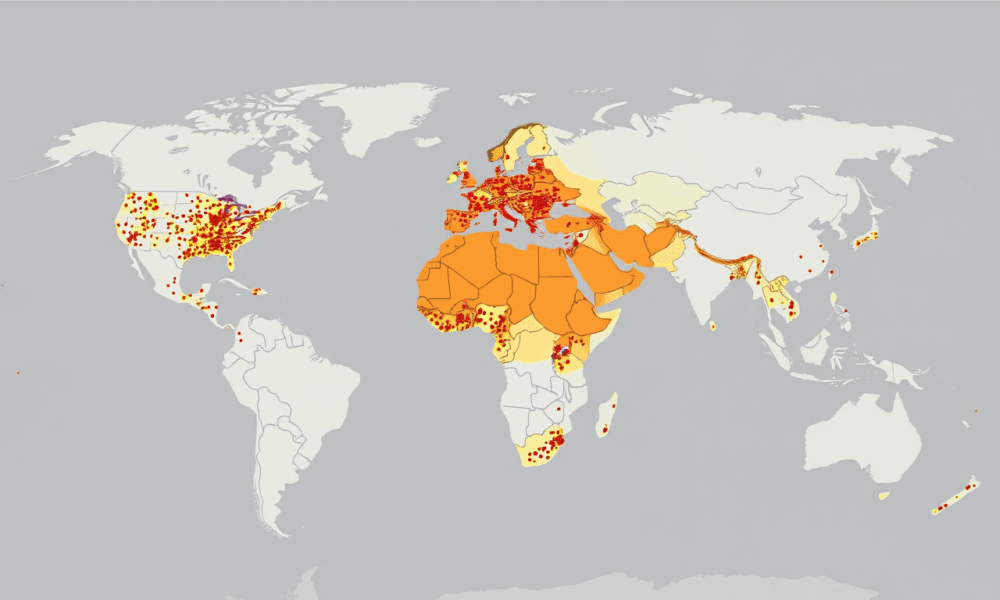
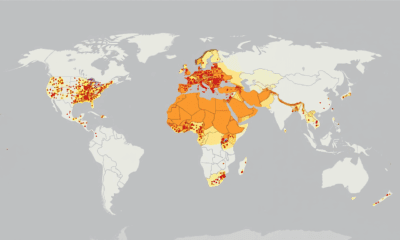

What if all life on Earth followed a surprisingly simple pattern? New research shows that in every region, species tend to cluster in small hotspots and...
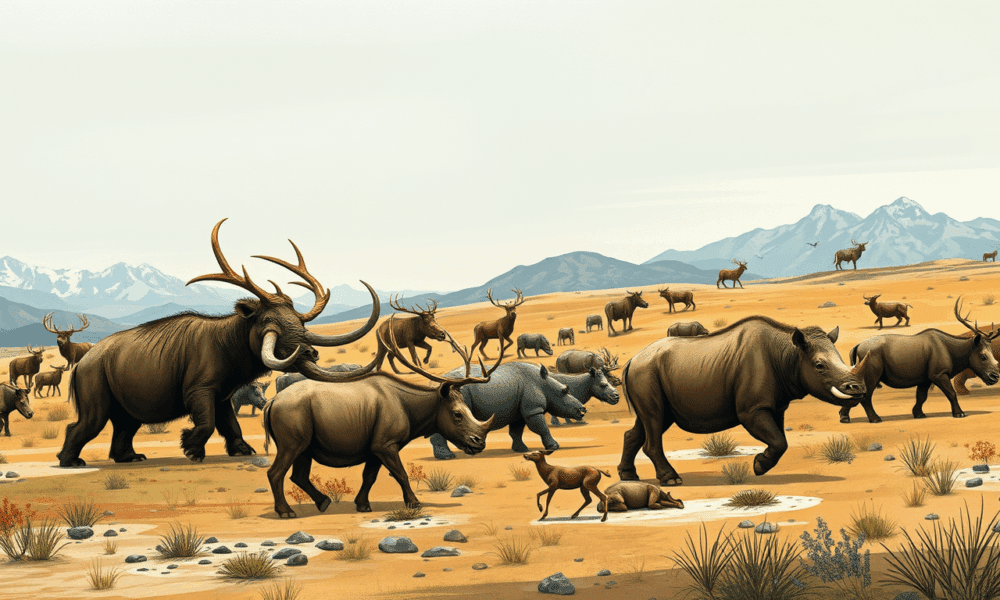
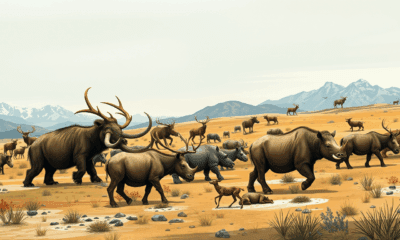

For millions of years, large herbivores like mastodons and giant deer shaped the Earth's ecosystems, which astonishingly stayed stable despite extinctions and upheavals. A new study...



To satisfy the seafood needs of billions of people, offering them access to a more biodiverse array of fish creates opportunities to mix-and-match species to obtain...



New research adds to our understanding of how rapidly rising sea levels due to climate change foreshadow the end of the Great Barrier Reef as we...



A new study shows that wildlife underpass tunnels dramatically reduce deaths of frog, salamanders, and other amphibians migrating across roads.



Laboratory could improve crop resilience In a discovery three decades in the making, scientists have acquired detailed knowledge about the internal structures and mode of regulation...



While scientists have long studied currents of large eddies, the smaller ones -- called submesoscale eddies -- are notoriously difficult to detect. These currents, which range...
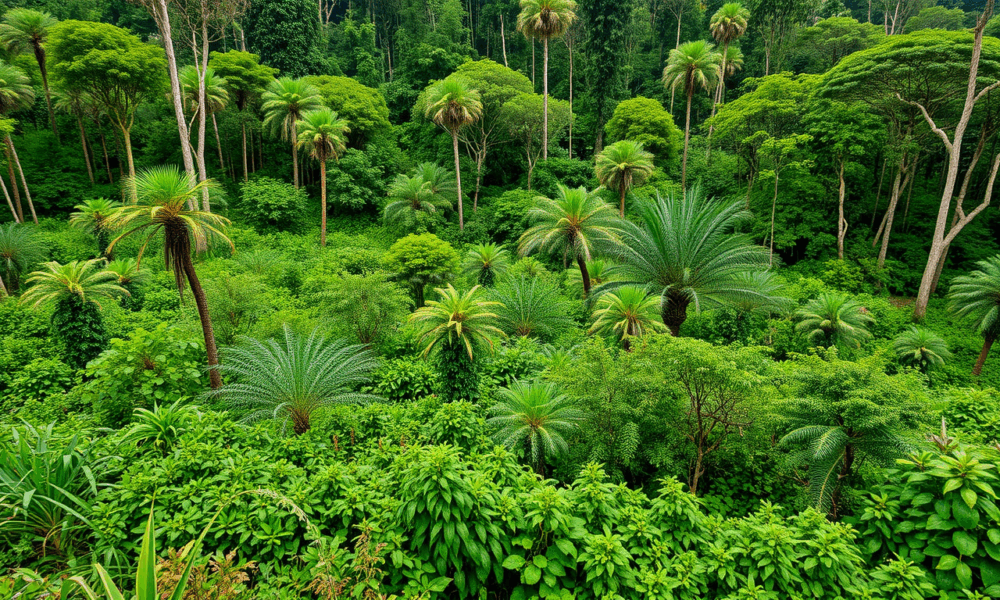
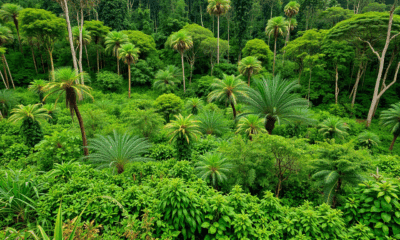

Forest-based agroforestry can restore forests, promote livelihoods, and combat climate change, but emerging agroforestry initiatives focusing only on tree planting is leading to missed opportunities to...